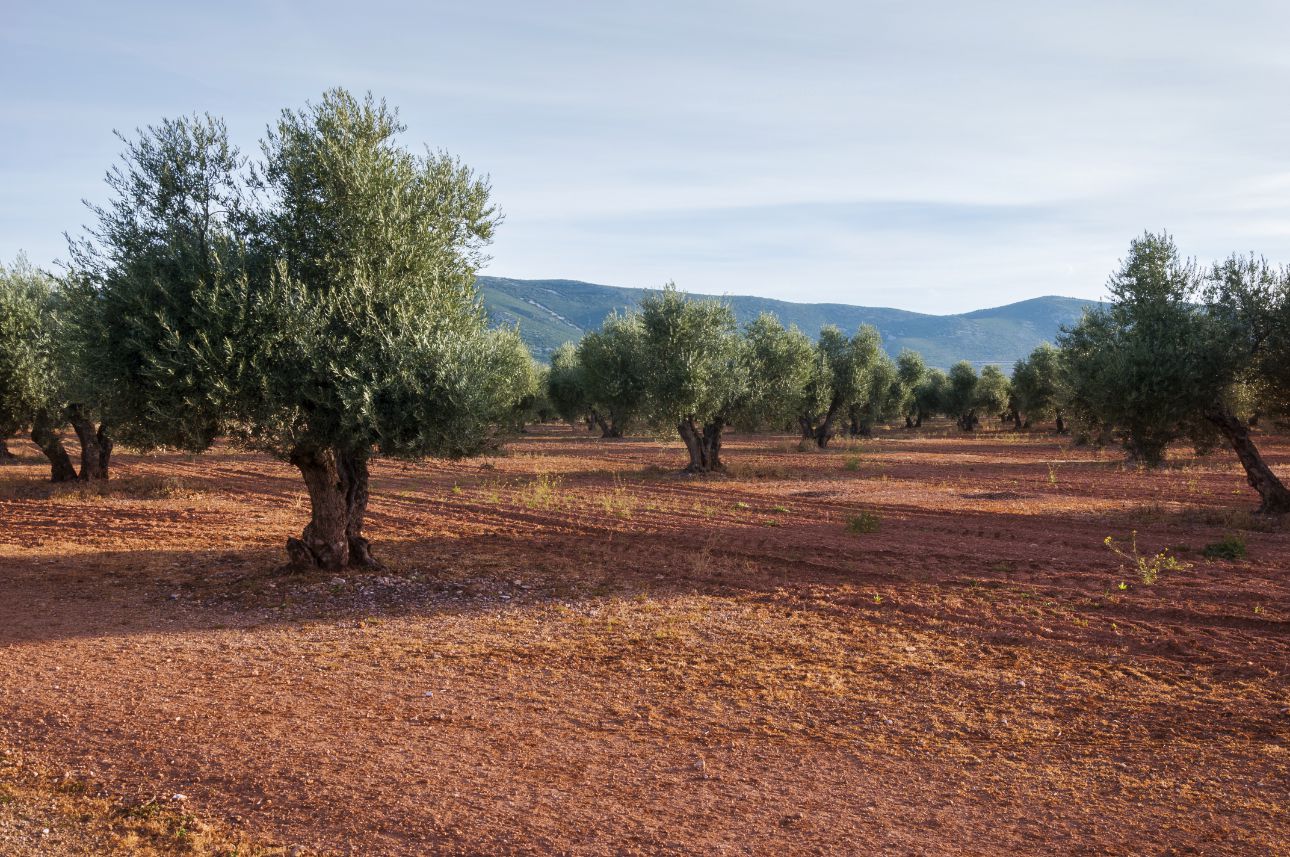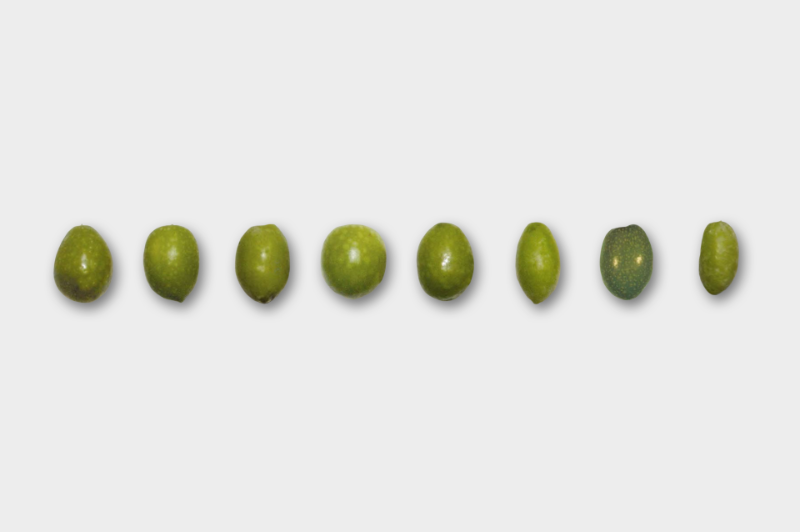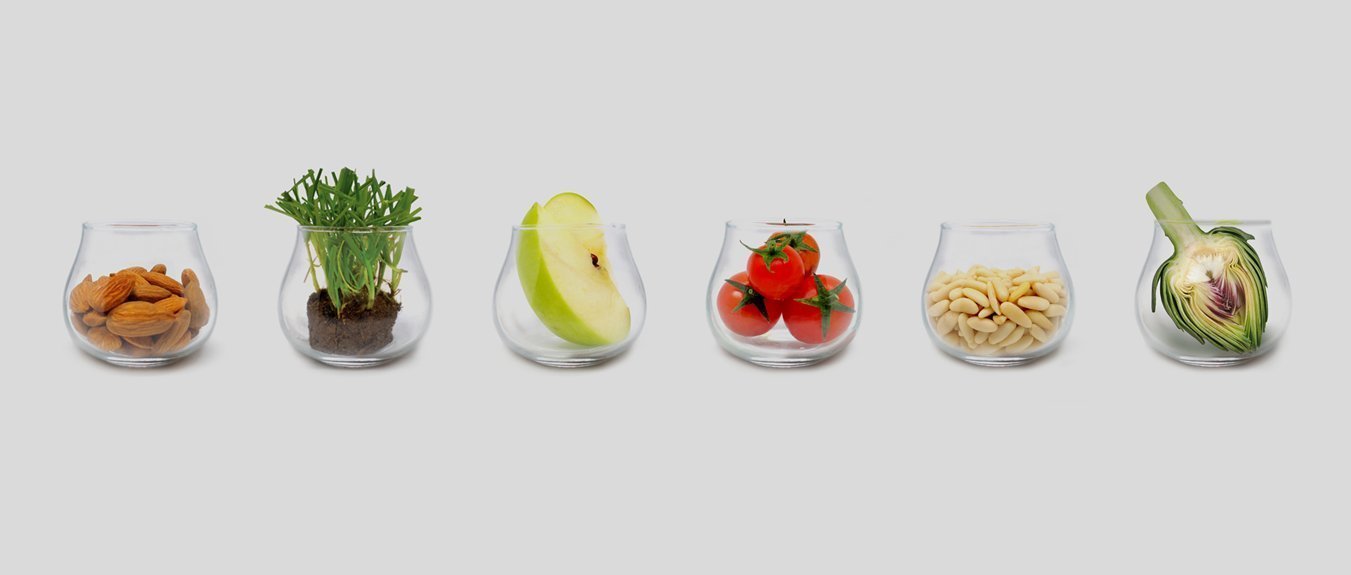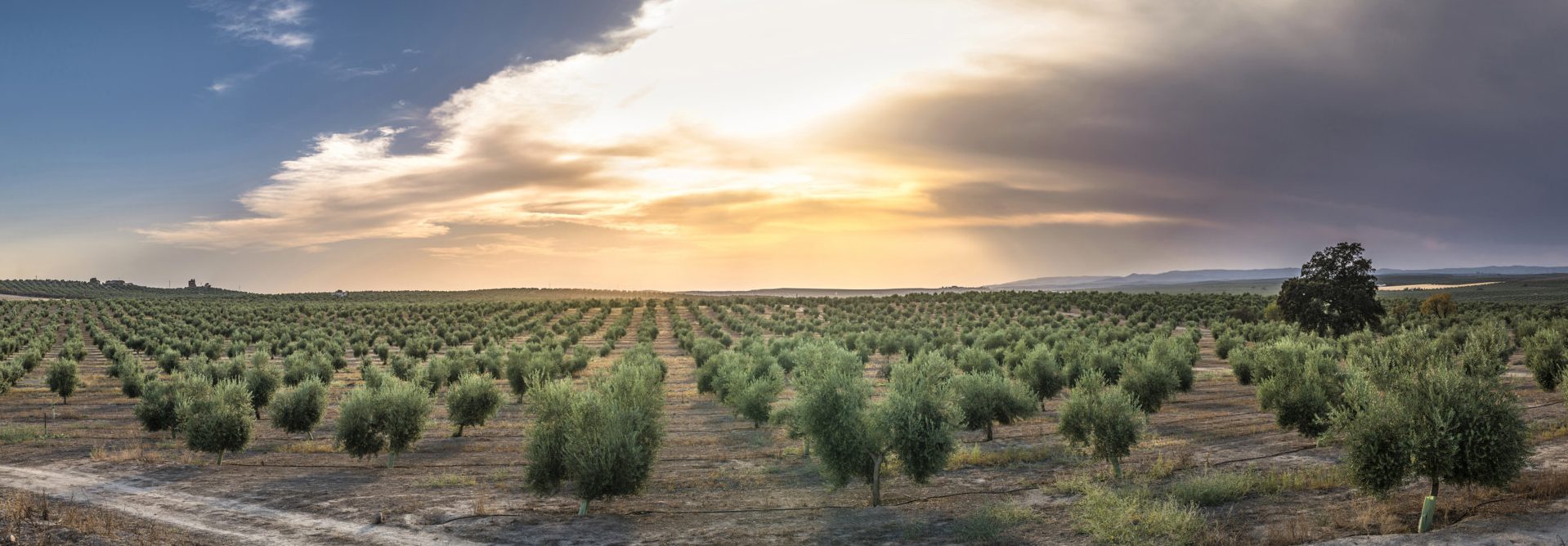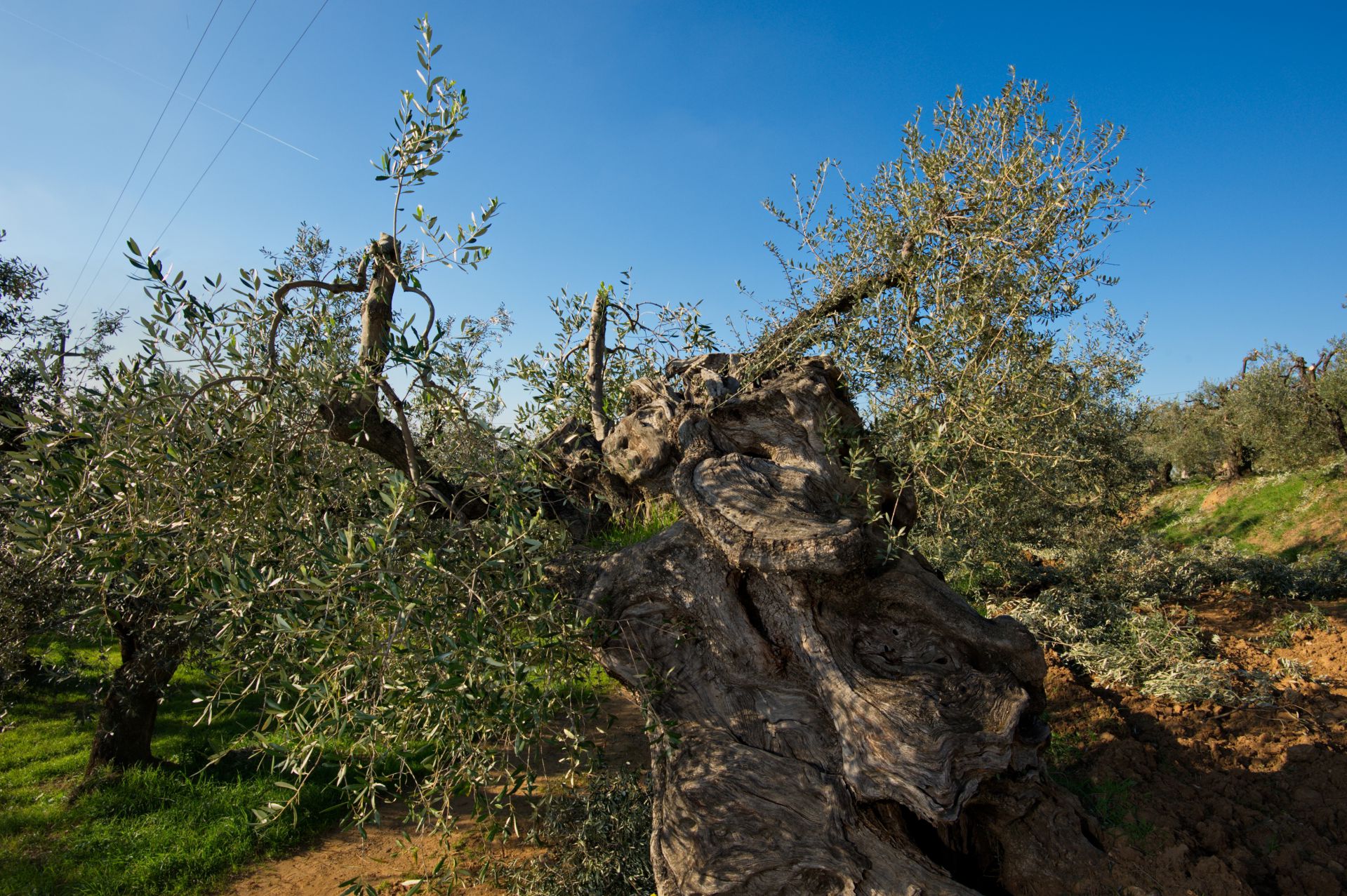
Xylella fastidiosa: the parasitic bacterium of the olive tree
The recent history of agriculture is full of catastrophes due to the onset or development of new pathogens or parasites: these events can be limited to certain continents, as has happened to the potato plant in Europe, the coffee plantations in South East Asia, to the pear and citrus fruit-trees
